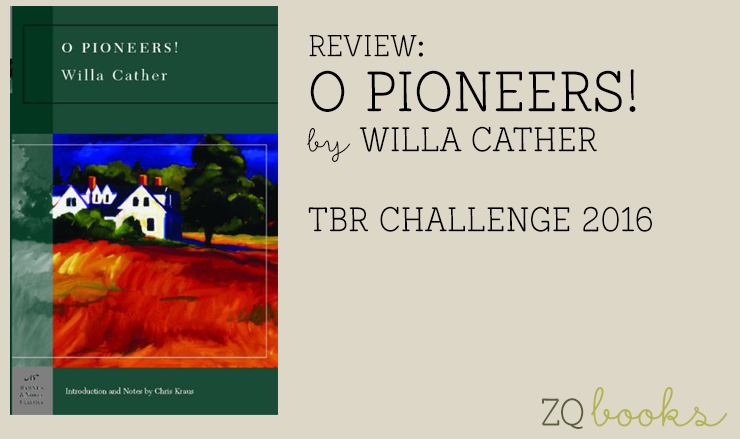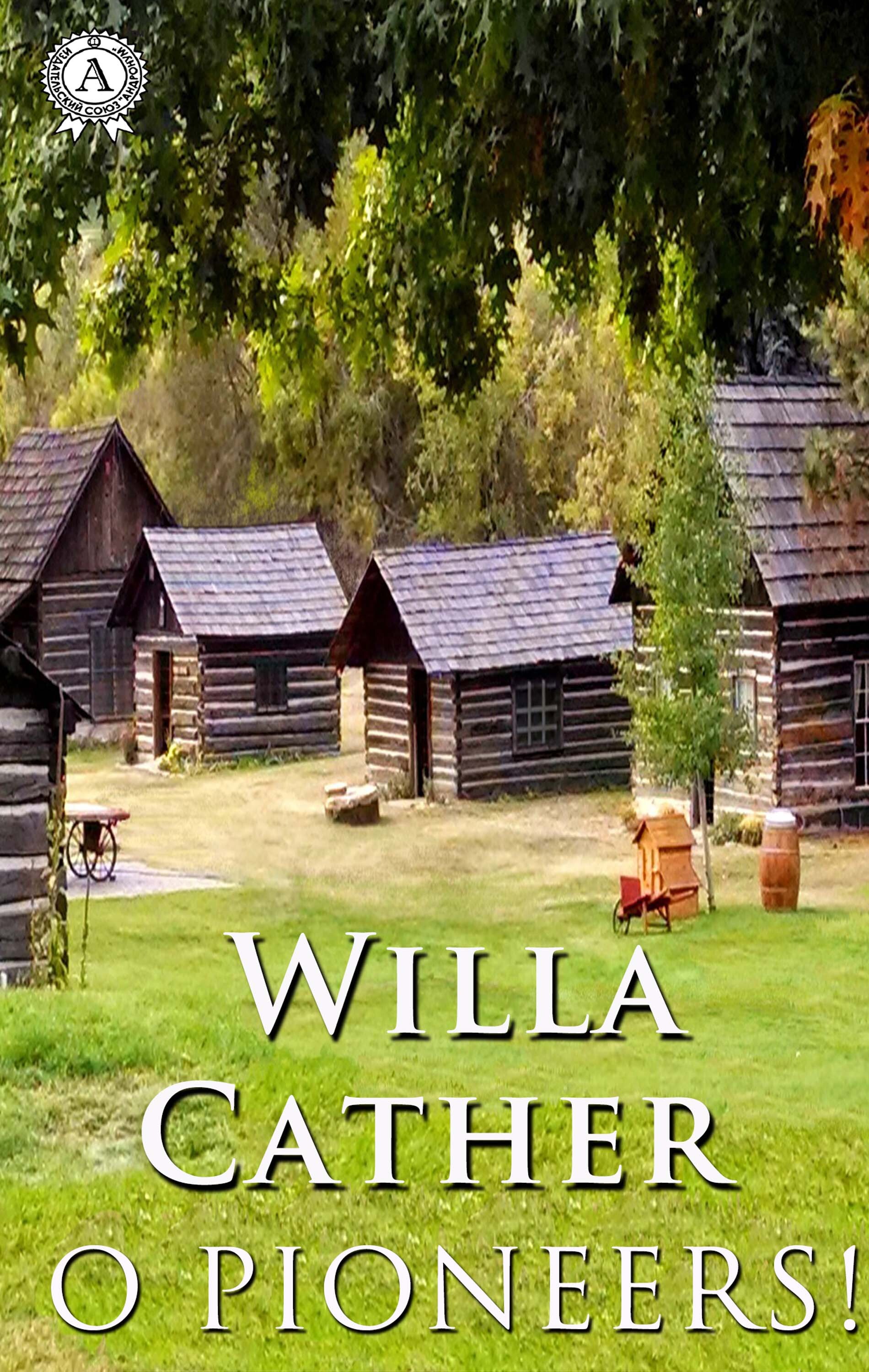


He and his older sister-Alexandra, twenty years old-have come into town to get supplies. Finally, at thirty-seven, in what must have been a wrenching act of courage, she took a leave from McClure’ s and wrote a novel, “Alexander’s Bridge.” It was in the manner of James, and it was a dud, as she knew from the moment it was published.Īs the first chapter opens, a five-year-old boy, Emil Bergson, is crying his eyes out. Cather, meanwhile, was still kicking the dust of Red Cloud off her shoes. The most honored novelist of that time, the nineteen-tens, was Henry James: refined, complicated, urban. But secretly she herself wanted to be a writer. She got to go to Europe and meet famous writers. By her thirties, she had acquired a very good job, as the managing editor of McClure’ s, an important New York magazine. Somehow Cather managed to go to college, and to become a writer, of small things: reviews, stories. She won the Man Booker Prize.Īnother member of this group was Willa Cather (1873-1947), from Red Cloud, Nebraska, the daughter of a small-time insurance agent with five children and no money. Later, we learned a more amazing story, that of Penelope Fitzgerald, who started publishing fiction at the age of nearly sixty and, before dying at eighty-three, brought out nine novels and had a brilliant career. When I was young, people trying to encourage us held up the example of George Eliot, whose first novel, “Adam Bede,” was published when she was almost forty. In the old days, women writers tended to start their careers late, and I’ll bet that, on average, they still do.


 0 kommentar(er)
0 kommentar(er)
